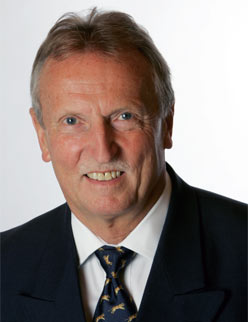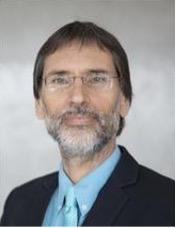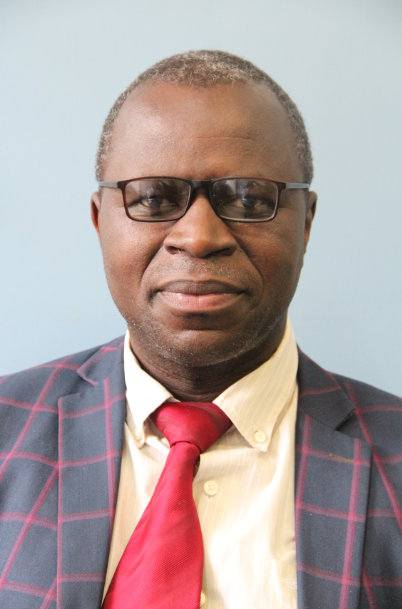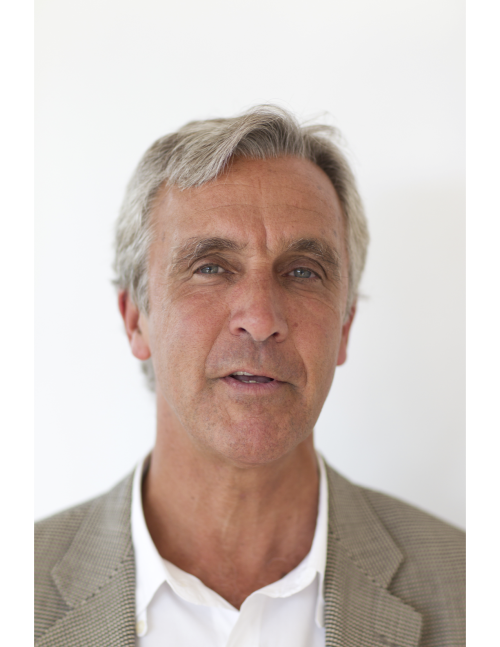WSIS TalkX:联合国 2021 年国际老年人日 - 老少皆宜的数字平等
国际电信联盟 (ITU)、世界卫生组织 (WHO)、全球老龄化联盟 (GCOA)
会话105
2021 年 10 月 1 日,联合国国际老年人日 (IDOP) 将以“面向所有年龄段的数字资产”为主题进行庆祝。该主题旨在解决数字技术的快速增长及其对社会各个部门的转型影响。为确保包容性和可及性并实现联合国和世界卫生组织健康老龄化十年的目标,所有年龄组都必须采用数字技术,重点是老年人,以确保他们不会被排除在机会之外以及信息通信技术带来的好处。
此次 WSIS TalkX 是在 UN IDOP 之际组织的,旨在促进关于使用数字技术改善老年人生活的对话,并将:
· 将多个利益相关者的声音集中在“数字包容和各年龄段健康公平”的主题上
· 展示数字技术在改善老年人护理方面的创新
· 启动 WSIS 论坛 2022 年健康老龄化创新奖。
· 重点庆祝 2022 年 5 月 17 日世界电信和信息社会日:数字技术促进健康老龄化










-
 C1。政府和所有利益攸关方在促进信息通信技术促进发展中的作用
C1。政府和所有利益攸关方在促进信息通信技术促进发展中的作用
-
 C3。获得信息和知识
C3。获得信息和知识
-
 C4。能力建设
C4。能力建设
-
 C7。 ICT应用:生活各个方面的益处-电子保健
C7。 ICT应用:生活各个方面的益处-电子保健
-
 C7。 ICT应用:生活各个方面的收益-电子科学
C7。 ICT应用:生活各个方面的收益-电子科学
-
 目标2:消除饥饿,实现粮食安全和改善营养并促进可持续农业
目标2:消除饥饿,实现粮食安全和改善营养并促进可持续农业
-
 目标3:确保健康生活并促进所有人的福祉
目标3:确保健康生活并促进所有人的福祉
Resources:
WSIS Forum: ICTs and Older Persons special track: The ageing of the global population will be the defining demographic trend of the 21st century—yet our societies struggle to see the opportunities that this trend can unfold. The ICTs and Older Persons track addresses the role of technology in achieving healthier ageing, but also how technology helped to build smarter cities, combat age-based discrimination at the workplace, ensure financial inclusion of older persons, raise awareness of ageing and intergenerational issues, and support millions of caregivers across the world. This special track involved collaborations with various stakeholders that work around this matter, including Global Coalition of Aging (GCOA), Centre for Socio-Eco-Nomic Development (CSEND), E-Seniors, UN Agencies such as WHO, UN DESA and others.
WSIS Forum 2021 Hackathon – Ageing Better with ICTs: ITU, Global Coalition on Aging (GCOA), and other stakeholders, such as WHO, UN DESA, etc. successfully organised the virtual hackathon on ICTs and Older Persons gathering more than 1,100 participants joining from 48 countries. The Hackathon ideated ICT solutions addressing the areas of Alzheimer’s disease and cognitive decline, frailty, transportation and mobility, and financial tools for longevity. Four winners from each challenge areas were awarded during a High-Level Dialogue gathering expert judges in field of technology and ageing. One winning team in each challenge area received a 6-month mentorship with the Global Coalition on Aging and their member companies as well as a $1,000 cash prize.
WSIS Healthy Ageing Innovation Prize: WSIS Forum Special Track on ICTs and Older Persons initiated a special prize this year entitled, the WSIS Healthy Ageing Innovation Prize, focused on ICTs that specifically address the needs of people 60+ to achieve and sustain an active and engaged life as they age. 12 finalists were shortlisted, and the winner was Age Care Technologies (UK). This special prize will be continued for the WSIS Forum 2022.
Ageing in a digital world – from vulnerable to valuable: The first- ever report to be produced by ITU to raise awareness in the ICT sector on the importance of being prepared to respond to the needs and requirements of ageing populations. This report addresses the two global megatrends that reinforce each other: the emergence of digital technologies and ageing populations, both of which are predicted to bring about important socio-economic changes worldwide. The report aims to help ITU members and other stakeholders to understand digital opportunities and take advantage of new possibilities for economic, social and political growth from increased digital inclusion and age-friendly digital environments.
High-Level Dialogue: Ageing in a Digital World: From Vulnerable to Valuable: Organised jointly by ITU, WSIS, and GCOA, this session aimed to raise awareness among policy makers and all public-private sector stakeholders on how the mega-trend of ageing is a great opportunity itself, dependent on age-friendly digital environments for all. During this session, the Hackathon and the WSIS Forum 2021 Healthy Ageing Innovation Prize winners were announced.
World Telecommunication and Information Society Day (WTISD) 2022: The proposed theme for the WTISD 2022 is “Digital technologies for Older Persons and Healthy Ageing”. WTISD 2022 will allow ITU membership, partners and other stakeholders to raise awareness about the important role of telecommunications/ICTs in supporting people to stay healthy, connected and independent, physically, emotionally and financially – to a life of healthy ageing - and as critical for the sustainability of economic and health systems.
GCOA Initiatives - Taking On Longevity with Market Innovation (globalcoalitiononaging.com): Building the Caregiving Workforce Our Aging World Needs — explores the essential truths that must shape the actions of policymakers, healthcare organizations and professionals, NGOs and other public and private stakeholders when they consider the future of the caregiving workforce, and our ability to more effectively serve older adults around the world.
The recommended actions, presented in the study as part of a crucial road map to build a professional global caregiving workforce, include:
1. Change the perception of the caregiving profession – champion campaigns that transform mindsets about caregiving, from a low-skilled job of last resort to a valued, professional career of the future.
2. Bolster training and education standards – if governments and society acknowledge the value of the care workforce, care providers and governments alike will work to establish quality standards.
3. Support and reward professional caregivers commensurate with the demands of the job and the value they provide – employers across public, private and nonprofit sectors must pay more attention to the emotional and financial needs of professional caregivers – especially if they are to attract young, purpose-driven talent.
4. Fully integrate home care workforce into the health and social-care ecosystem – the professional status of home care workers must keep pace with the demand for and value of this type of care.
Digital Health: Friend or Foe of Workforce Shortages? | by Global Coalition on Aging | Global Coalition on Aging | Sep, 2021 | Medium: Digital Opportunities in our global ageing society, linked to the Decade of Healthy Ageing and UN SDGs.
When The Lancet, The Economist Intelligence Unit, and the WHO Agree… | by Global Coalition on Aging | Global Coalition on Aging | Medium
